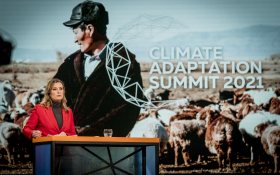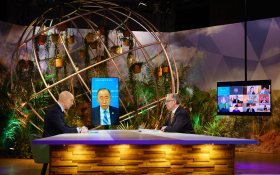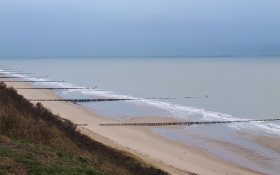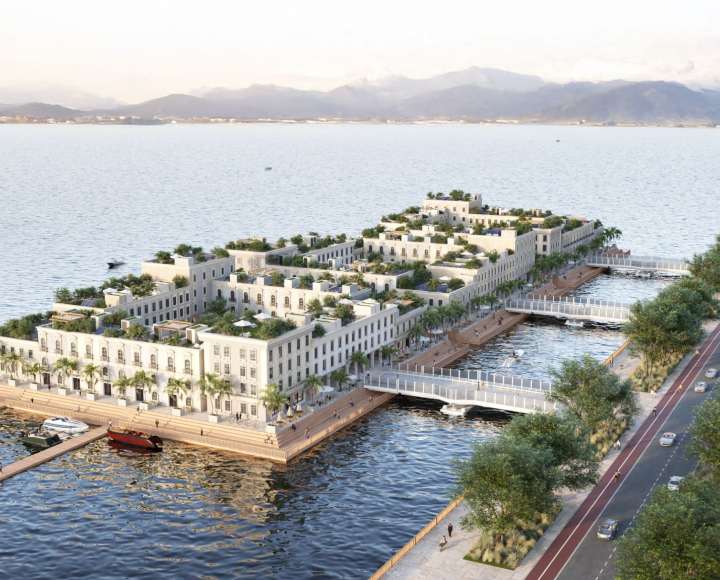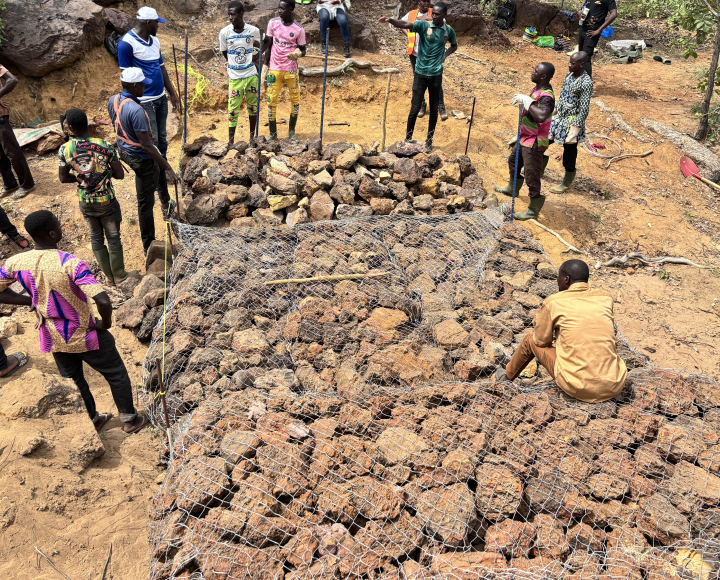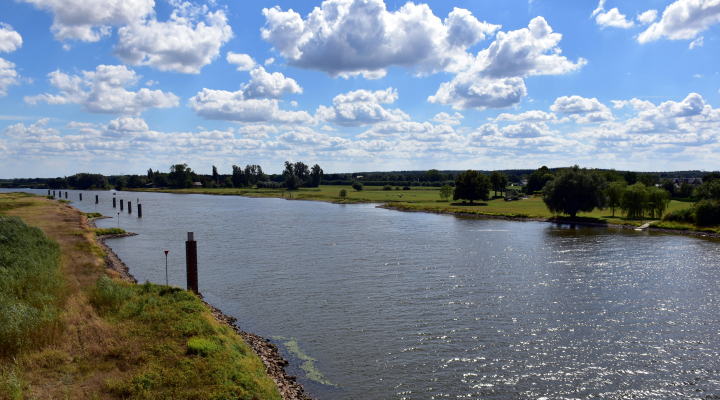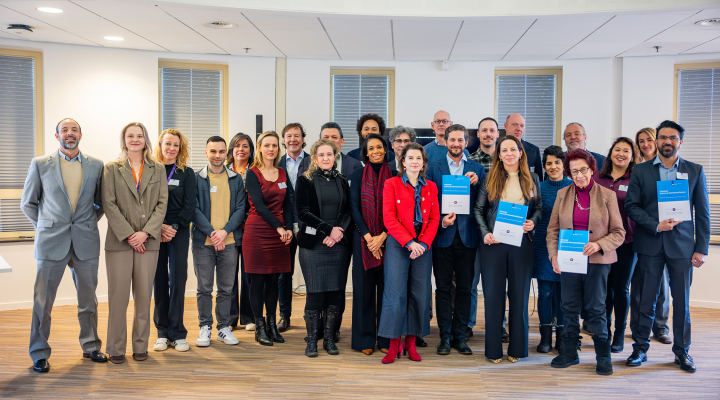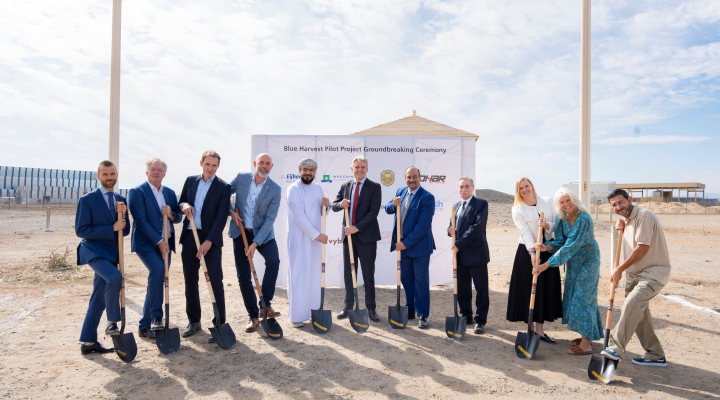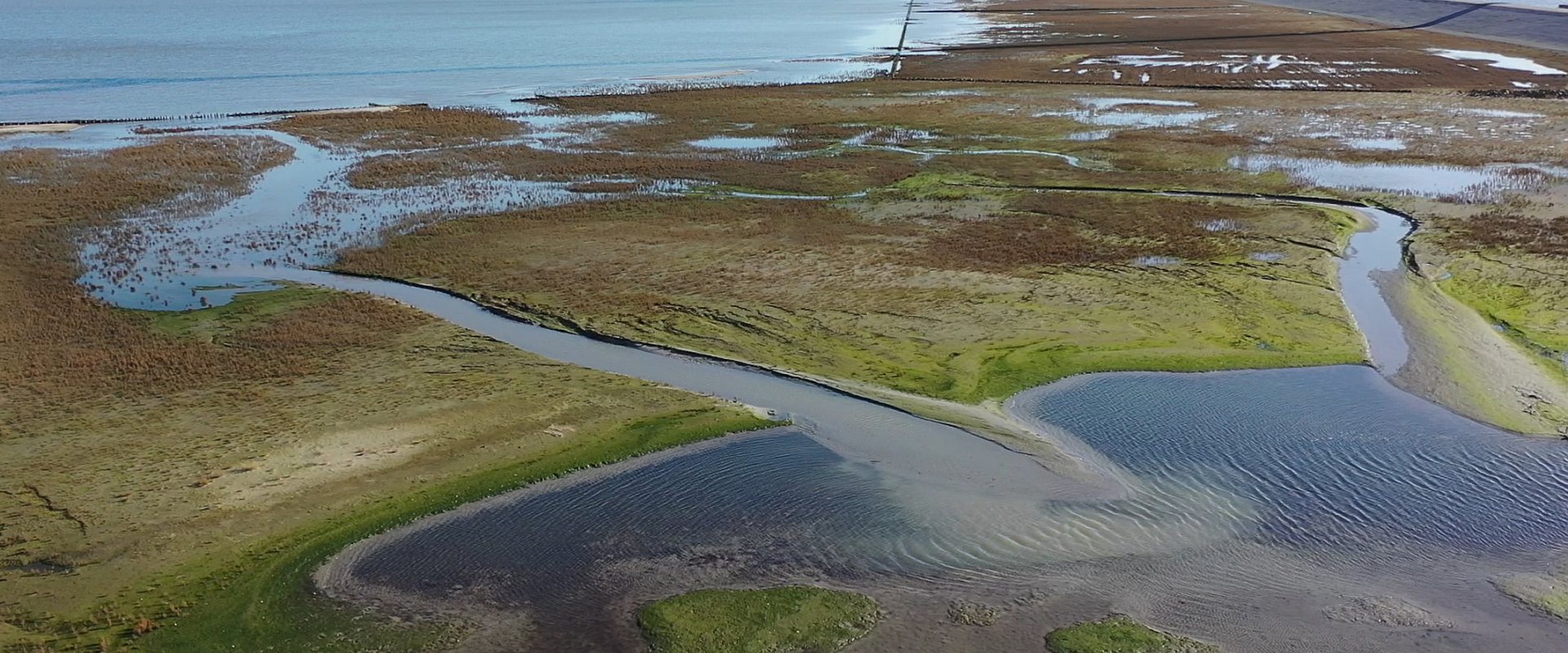
CAS2021: A call for greening the Covid-recovery
‘2020 was a year of surging heath with intensifying droughts and rampant wildfires. While our health will be defined by our recovery from the Covid-19 pandemic, the centuries ahead will be defined by how green the recovery actually is’.
‘The summit could not be more timely’, said Ban Ki-moon, 8th Secretary-General of the United Nations and Chair of the Board of the Global Center on Adaptation, just prior to the start of the Global Climate Adaptation Summit.
On Monday 25 January at 14.00 central European time (UTC+1), the Climate Adaptation Summit will be kicked off with the opening session. The whole 24 hrs summit will be live streamed.
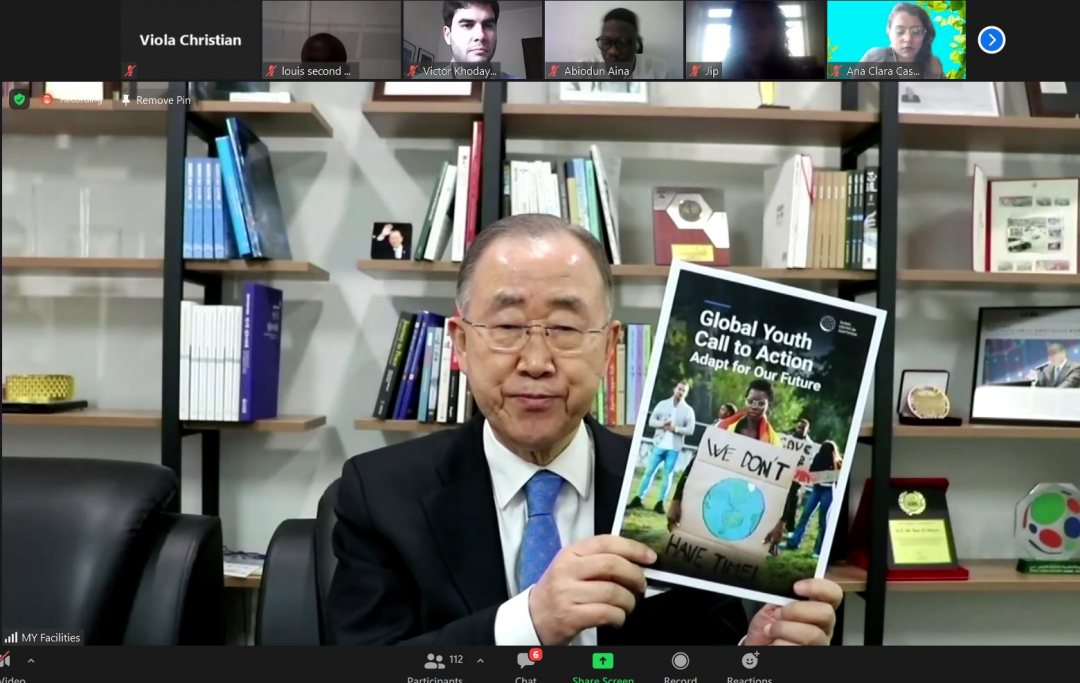

No vaccine for climate change
‘I am deeply concerned about the economic stimulus packages. A review of domestic stimulus plans found that ‘dirty’ measures -those that increase carbon emissions- outnumber ‘green’ initiatives by four-to-one. We must remember that no vaccine fixes our changing climate’, Ban Ki-Moon warned.
‘The pandemic holds both threats and opportunities for the climate adaptation agenda’, Ban Ki-Moon continued. He cited the annual status report published by the Global Centre on Adaptation (GCA) on the fact that in the first six months of the pandemic worldwide 50 million people were affected by a record number of floods, droughts and wildfires.
Cascading risks
The first GCA status report was published last week and sets the agenda for the summit. The report states that the Covid-19 pandemic and climate disasters created a set of cascading risks that demands a global and local response.
The global leaders that will address the summit are expected to speak out on their contributions to accelerate the implementation of measures to deal with these emerging risks.
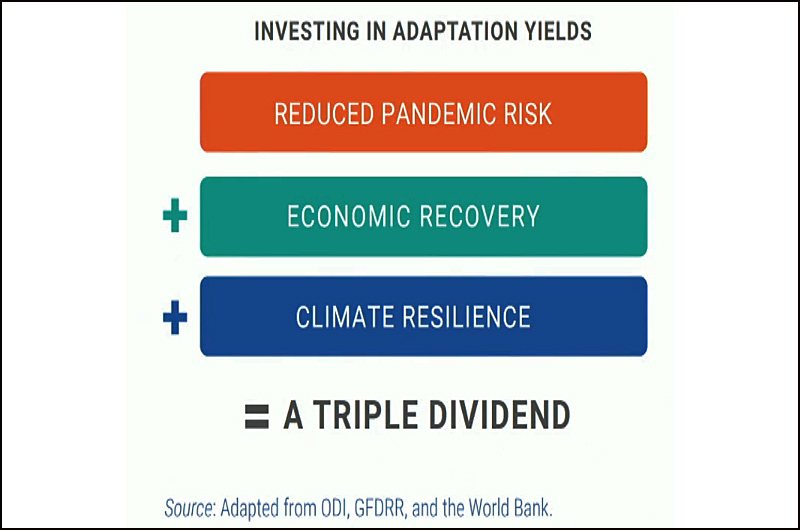

Local involvement
Where the reduction of greenhouse gas emissions is above all a global issue, the adaptation to the effects of the global warming has a much stronger local component when it comes to taking action. This was made clear by Shuaib Lwasa, principal researcher at the Global Centre on Adaptation (GCA) during the preluding session ´Insights from the Intergovernmental Panel on Climate Change’ on 22 January.
‘Local, traditional knowledge is critical important´, Lwasa said. ‘It is that kind of knowledge that gives the details and the nuances of how certain people can be motivated, living in a variable environment.’
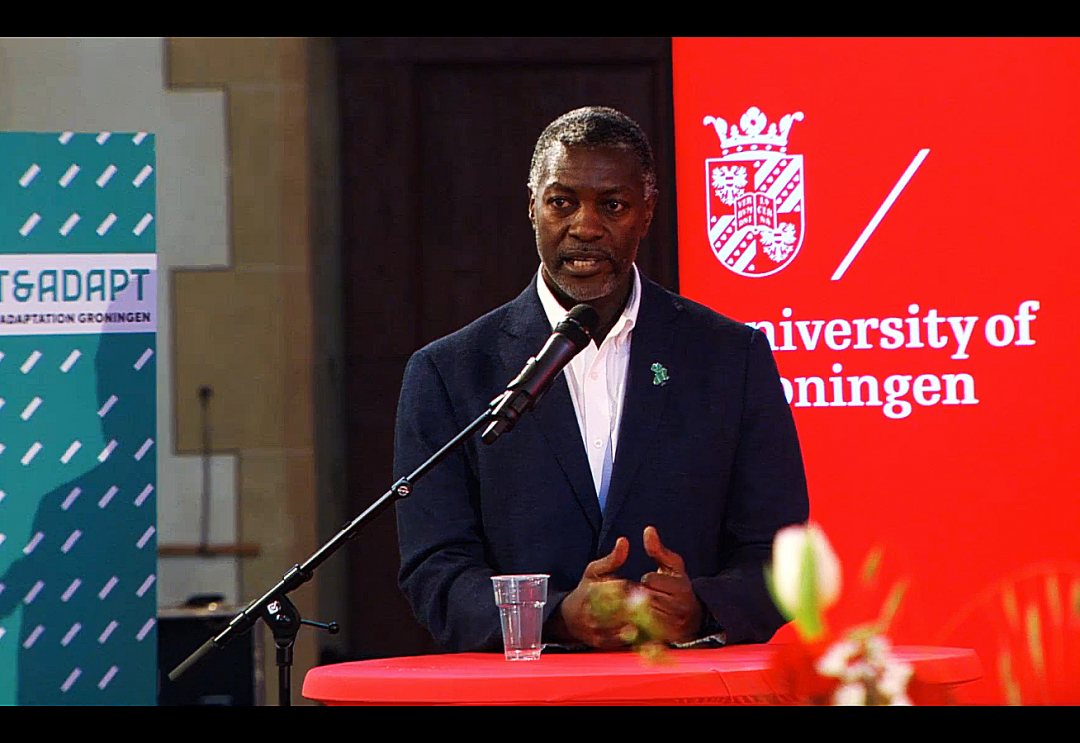

Best traditional knowledge
As an example Lwasa mentioned the pastoralist communities in his home country Uganda. These pastoralists herd their cattle always in search of water sources and grazing areas.
'Detailed grazing planning by the pastoralist communities is based on traditional knowledge on identifying these water sources. The national upstream river early warning systems that are currently being implemented, provide only seasonal forecasts that are not detailed enough for the pastoralists to make creditable decisions on where to go.'
Lwasa therefore applauded the attention raised by the IPCC Climate Panel for the transition from an incremental adaptation to a transformational adaptation that includes systemic changes . 'This means that national institutes that have made plans for the long term, should be turned around and include local institutes for the implemention of real climate adaptation actions.'
Kick off
The whole Climate Adaptation Summit will be broadcasted live for 24 hours at four different channels. The broadcast will start with the Opening Session on Monday 25 January at 13:55 CET in the Netherlands. During this session, many heads of states will join in person and present their declarations. The session will also see the launch of the Adaptation Action Agenda, which is to set out an ambitious course towards 2030.
Directly following the opening session, seven thematic sessions will be broadcasted that focus on issues as African adaptation, disaster risk management, nature-based solutions and the potential catalytic role of water. From 20.00 till 22.00 CET, the GCA Ministerial Dialogue on Adaptation Action will be broadcasted. The dialogue will focus on the ability to create more impact by increasing the ambition, mobilising more finance and creating new innovative partnerships
You can learn more about the Summit and view the full programme by clicking the link. In order to participate you will need to register in advance on the website.




